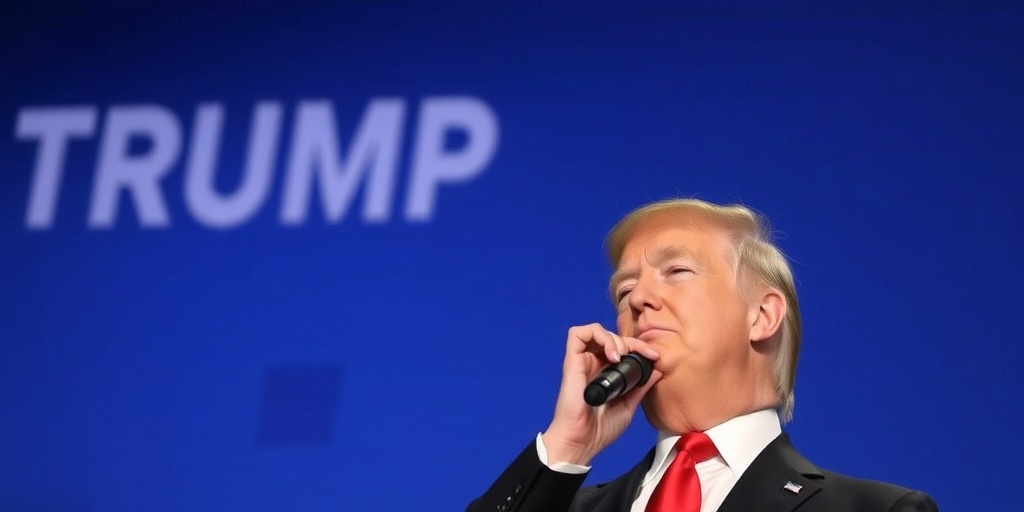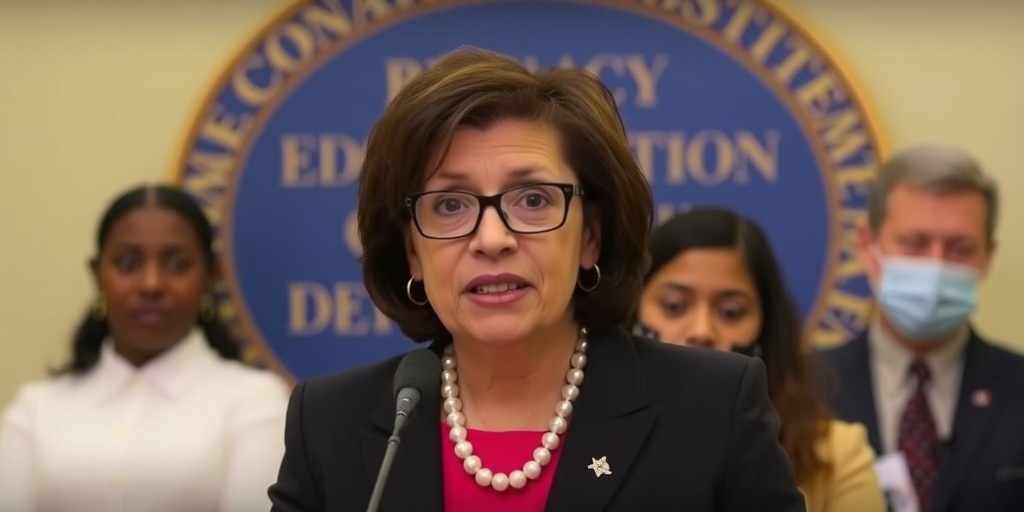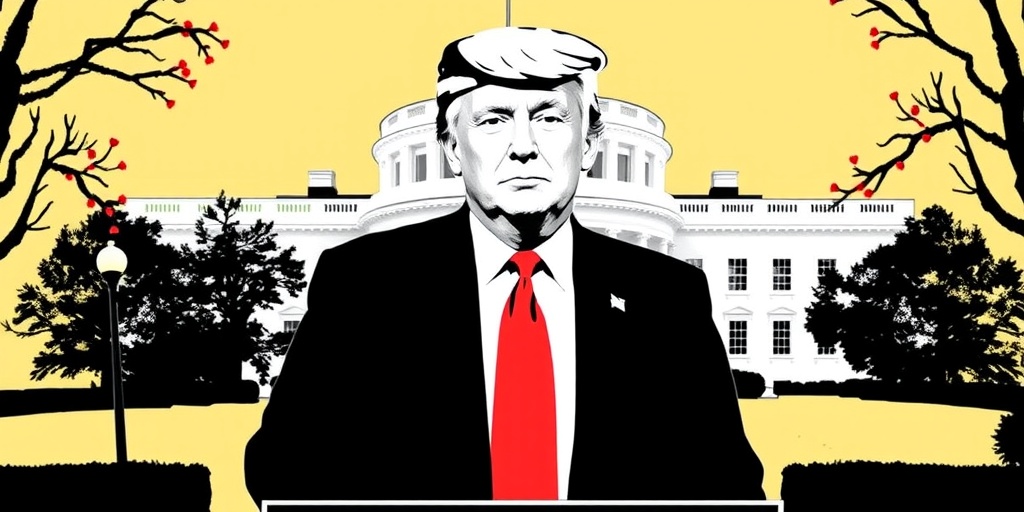Now Reading: Trump’s Workforce Cuts Drive Out Young Employees
-
01
Trump’s Workforce Cuts Drive Out Young Employees
Trump’s Workforce Cuts Drive Out Young Employees

Title: Young Federal Workers Face Uncertain Future Amid Mass Terminations by Trump Administration
In a shocking turn of events, recent graduates and early-career professionals employed by the federal government have found their ambitions curtailed by a wave of mass terminations orchestrated by the Trump administration. Among them is Alex Brunet, a 23-year-old honors paralegal at the Consumer Financial Protection Bureau (CFPB), who was informed just before Valentine’s Day that he would lose his job by the end of the day. Having recently graduated from Northwestern University, Brunet had dedicated his career to public service, aspiring to create a more equitable economy.
Brunet’s case is not isolated; it represents a broader trend affecting many young professionals in government roles. The administration’s aggressive efforts to downsize the federal workforce have targeted primarily probationary employees who have been in their positions for less than two years, leaving them vulnerable to abrupt layoffs. According to data from the Office of Personnel Management, approximately 34% of federal workers with under a year of service are under the age of 30, highlighting the disproportionate impact of these firings on young talent.
Experts warn that these terminations could have long-lasting consequences for the federal government’s ability to attract and retain the next generation of civil servants. Donald F. Kettl, a former dean at the University of Maryland’s School of Public Policy, expressed concern that the loss of young workers, who possess essential skills in areas such as information technology and environmental protection, may hinder the government’s future efficiency and effectiveness. "We risk losing an entire generation of highly trained workers who could greatly benefit the public sector," Kettl said.
Adding to the challenges, the Trump administration has notably abolished initiatives designed to cultivate new talent within the government. The prestigious Presidential Management Fellows Program, which attracted recent graduates to public service through a structured two-year training program, was brought to an end. Alongside this, the cancellation of entry-level job offers further restricts opportunities for those looking to enter the field.
The abrupt firings have left many young employees reeling. Many reported receiving terse notifications regarding their terminations, often citing unverifiable performance issues. Some, like Alexander Hymowitz, a 29-year-old presidential management fellow at the Agriculture Department, expressed disbelief upon learning of their dismissals. Hymowitz described how he found out he was let go just after reading an email that claimed his employment was not in the public interest, despite never having received a performance review.
Another young worker, Nicole Cabañez, who served as an honors attorney at the CFPB, discovered her termination when she was unable to log into her work computer. Cabañez, who had intentionally shifted her career path from a lucrative corporate law position to public service, voiced her disappointment at losing the chance to contribute meaningfully to society. She now faces job hunting in a competitive market, where she fears an influx of other displaced public servants could further complicate her search for employment.
Amidst the turmoil, the concerns extend beyond Washington D.C., affecting federal employees across the nation, including those in Republican-led states. Ashlyn Naylor, a technician for the U.S. Forest Service in Georgia, received notice of her termination after nine months on the job. With performance evaluations indicating she was an "excellent worker," Naylor felt a mix of anger and disbelief as her career aspirations seemed to vanish overnight.
For many, these unceremonious exits have led to a loss of trust in the federal government. Naylor has even considered pursuing a new path entirely, possibly enrolling in trade school to become a welder. Conversely, others remain committed to returning to public service despite their experiences. Jesus Murillo, who was similarly dismissed after a cumulative year and a half at the Department of Housing and Urban Development, expressed his desire to continue serving the public, insisting that commitment to the mission of public service transcends political affiliation.
The implications of these mass terminations are profound, not just for the individuals affected but also for the federal workforce’s future. The efforts of the Trump administration to reshape the government through workforce reductions evoke significant concerns regarding the viability of public service careers for young people. Many worry that this loss of emerging talent may hinder the government’s progress in critical sectors, ultimately affecting the American public’s needs. As uncertain futures loom over these young professionals, their resilience and commitment to public service remains a beacon of hope for the future of government.
Stay Informed With the Latest & Most Important News
Previous Post
Next Post
-
 01New technology breakthrough has everyone talking right now
01New technology breakthrough has everyone talking right now -
 02Unbelievable life hack everyone needs to try today
02Unbelievable life hack everyone needs to try today -
 03Fascinating discovery found buried deep beneath the ocean
03Fascinating discovery found buried deep beneath the ocean -
 04Man invents genius device that solves everyday problems
04Man invents genius device that solves everyday problems -
 05Shocking discovery that changes what we know forever
05Shocking discovery that changes what we know forever -
 06Internet goes wild over celebrity’s unexpected fashion choice
06Internet goes wild over celebrity’s unexpected fashion choice -
 07Rare animal sighting stuns scientists and wildlife lovers
07Rare animal sighting stuns scientists and wildlife lovers





















